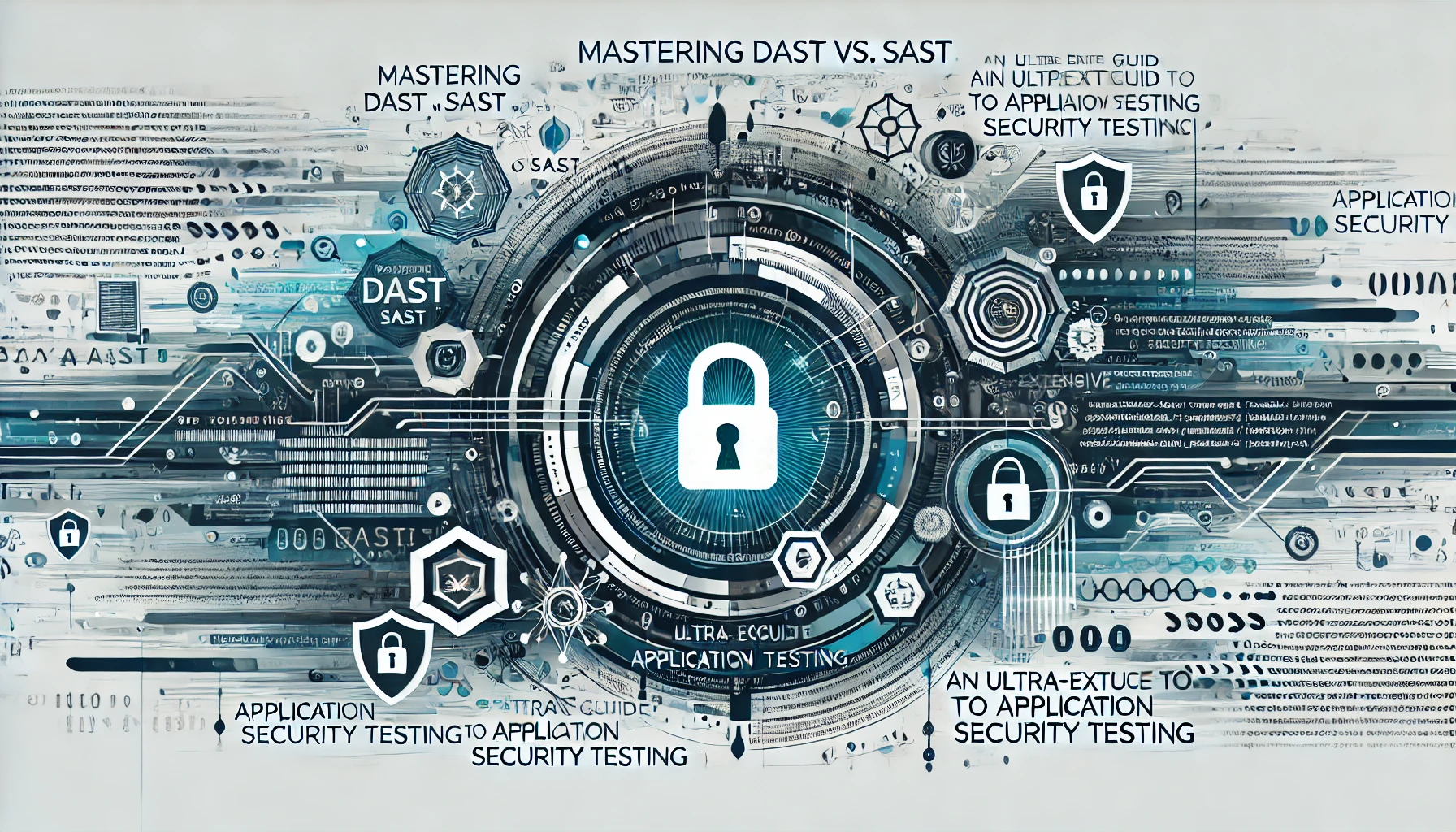Understanding the Importance of Endpoint Security in the Modern Cyber Landscape
Endpoint security has emerged as a critical aspect of cybersecurity strategy in the modern interconnected digital environment. With the rapid increase in the number of connected devices, the potential attack surface for cyber threats has expanded significantly, making endpoint security a crucial requirement for organizations.
What is Endpoint Security?
Endpoint security refers to the practice of securing ‘endpoints’ or end-user devices like computers, laptops, and mobile devices from being exploited by malicious actors and campaigns. This can include security software like antivirus programs, firewalls, and intrusion prevention systems.
Why is Endpoint Security Important?
Endpoint security is important because cyber threats have evolved significantly and have become more sophisticated. These threats are no longer limited to just viruses and malware, but now include advanced persistent threats, zero-day attacks, and ransomware, among others. Endpoint security solutions can help organizations protect their network when accessed via remote devices by blocking such threats before they can infiltrate the network.
Key Features of Endpoint Security Solutions
- Real-time threat detection and response
- Application control to prevent unauthorized applications from executing
- Behavioral analysis to detect and block suspicious activities
- Web filtering to control web access and block malicious websites
- Data loss prevention to prevent data breaches
- Firewall to block unauthorized access to the network
Conclusion
As the cyber threat landscape continues to evolve, endpoint security should be a key part of any organization’s cybersecurity strategy. By providing real-time protection for end-user devices, endpoint security can play a crucial role in preventing data breaches and securing the organizational network.







